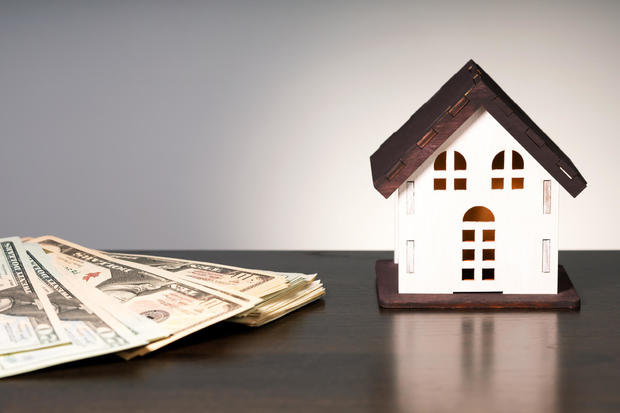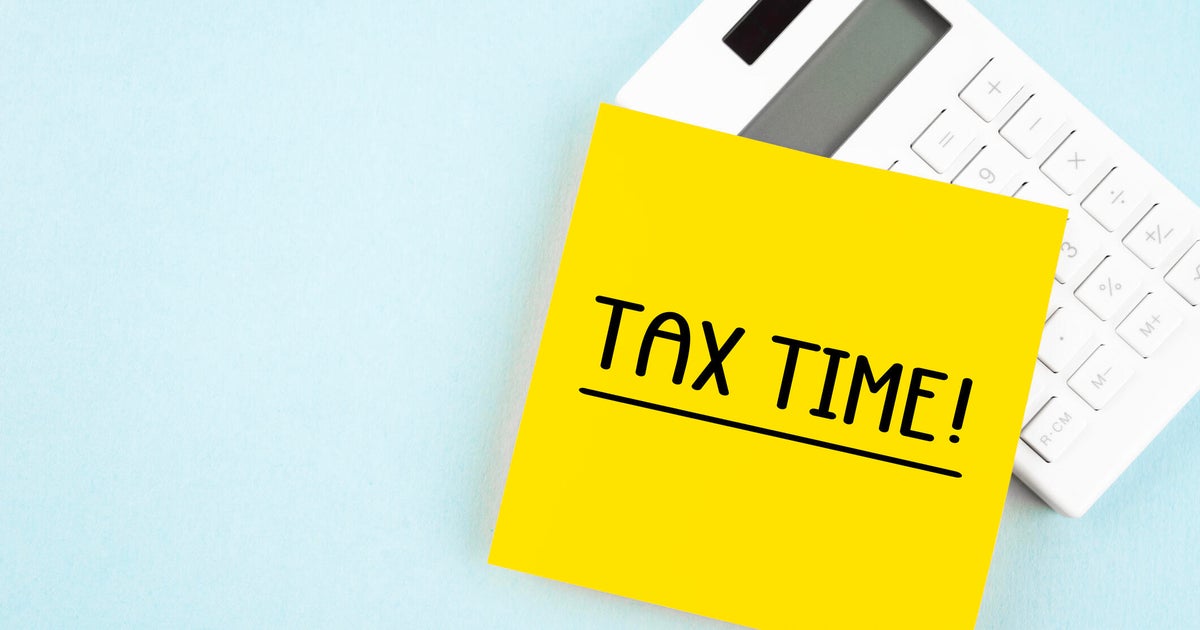Is a HELOC or home equity loan better this fall? Here's what experts say
Persistent inflation that has dogged the economy is significantly cooling. The most recent Consumer Price Index (CPI) report showed average inflation rates below 3% for the first time since early 2021.
With inflation falling, economists widely expect the Federal Reserve to lower the federal funds interest rate, the rate at which banks lend to each other, perhaps as soon as September. In turn, borrowing costs on home equity loans and home equity lines of credit (HELOCs) are beginning to drop and could drop further.
If you're considering accessing the equity in your home, it makes sense to explore whether a HELOC or home equity loan is the better option for you, especially in this changing rate environment. We asked some experts what they recommend heading into the fall.
Start by seeing what home equity loan interest rate you could secure here now.
Is a HELOC or home equity loan better this fall?
As several experts are quick to point out, HELOCs have variable rates that are traditionally tied to the prime rate, allowing you to benefit when rates fall. By contrast, a home equity loan has a fixed rate, meaning you could miss out on lower interest rates if they decrease. "In this environment, I'd encourage most clients to go with a HELOC in lieu of a home equity term loan so that they can enjoy the ride down and not have to refinance debt down the road," says JR Younathan, senior vice president and CA state mortgage production manager at California Bank & Trust.
A HELOC could also benefit borrowers who may not need immediate access to the funds. "If a borrower wanted to have access to some of their equity, but weren't sure when they would utilize it, a HELOC could be the better loan program," says Neil Christiansen, a branch manager and certified mortgage advisor at Churchill Mortgage. "They should see a reduction in interest costs if the Fed cuts rates over the next 12 to 24 months." Of course, falling rates aren't guaranteed, though economists widely expect the Federal Reserve to cut the federal funds rate when they meet again on September 17 and September 18.
Remember, your financial situation is unique, and your decisions should align with your circumstances and goals. Even if rates decrease, you may have more peace of mind with a home equity loan if you value the predictability of a fixed interest rate. A fixed rate may also benefit you if rates reverse course and increase.
As Younathan points out, even cash-out refinances, a less common choice in recent years as homeowners cling to the low mortgage rates they secured during the pandemic, could still be favorable for some. "But in instances where the interest rate on a first mortgage is lower than the current market rate, the [borrower] should have a blended rate analysis done on the amount borrowed to validate what the actual cost of funds would be."
Start exploring your best home equity borrowing options online today.
What's the home equity loan interest rate forecast?
Deciding which type of home equity product might benefit you the most may depend on whether you think mortgage rates will drop as predicted, hold steady or increase. The Federal Reserve doesn't set home equity loan rates, but they often rise and fall in line with the Committee's decisions regarding the federal fund rate.
"I think the overall consensus is that they will be coming down, but I think we need to be watchful on jobs and CPI reports," says Younathan. "These seem to be the most identifiable metrics the Fed is watching closely as they determine by how much and how fast they are going to reduce rates."
Tai Christensen, co-founder and president at Arrive Home, a down-payment assistance provider, anticipates rates getting lower, albeit not as low as many borrowers may be hoping for. "I believe interest rates will continue to decrease slowly over the next 12 months, however, I do not believe they will decrease to the historic low rates we experienced during 2020 and 2021," Christensen says.
The bottom line
While interest rates are a prime consideration for any borrower, there are other factors besides interest rates when deciding whether to get a home equity product and what type to get. For instance, you'll want to consider how much equity you have in your home, as banks and lenders will often require 15% to 20% equity to be eligible. Remember, tapping your home equity for cash will leave you with less equity, which could increase the risk of owing more on your home than it's worth if property values decline.
Your creditworthiness, including your credit score and debt-to-income (DTI) ratio, is also a factor in the loan rate you qualify for. Finally, it's wise to compare quotes from multiple lenders on home equity loans and HELOCs to find the best rates and terms available.




